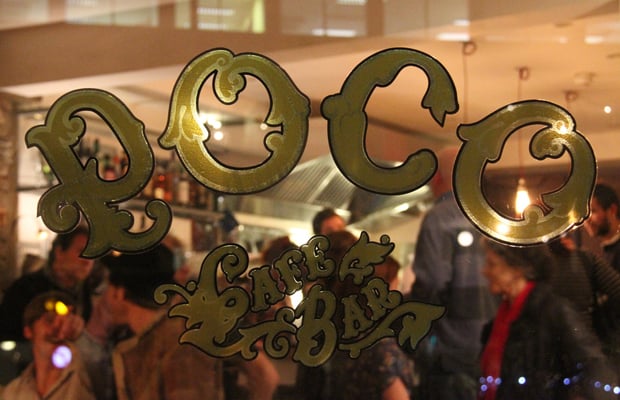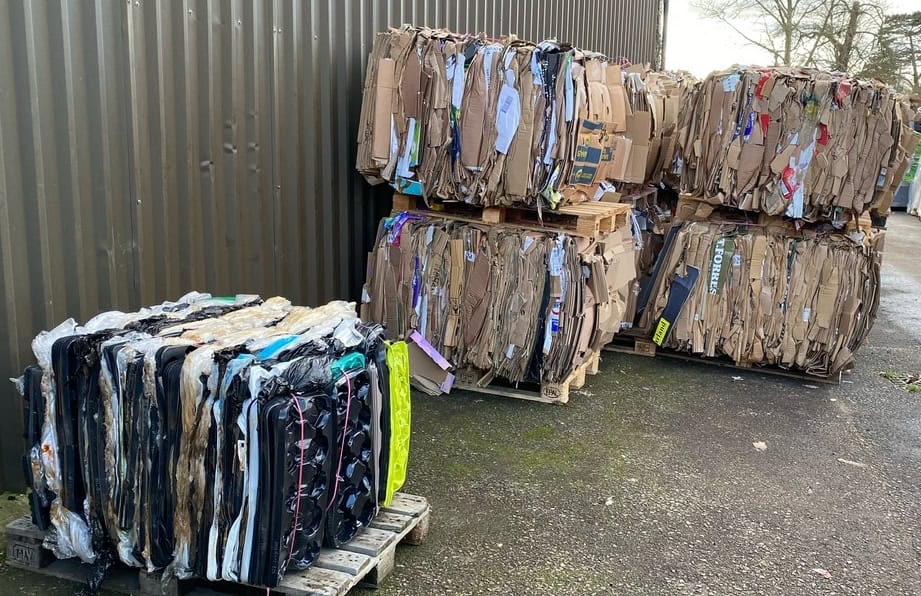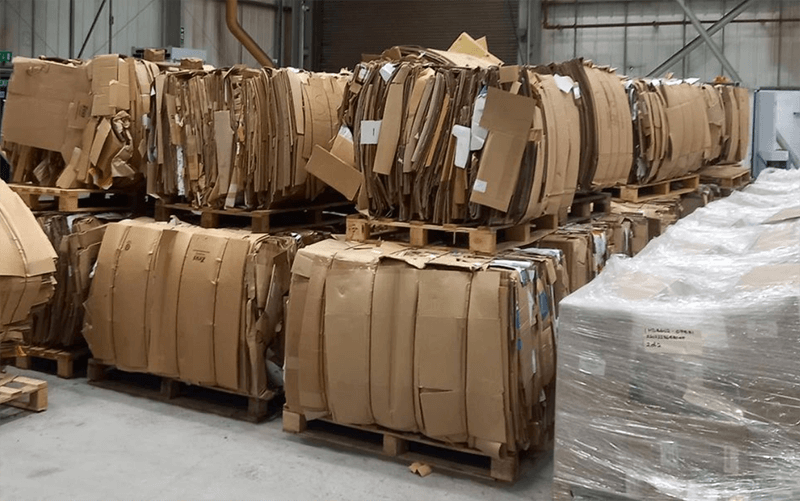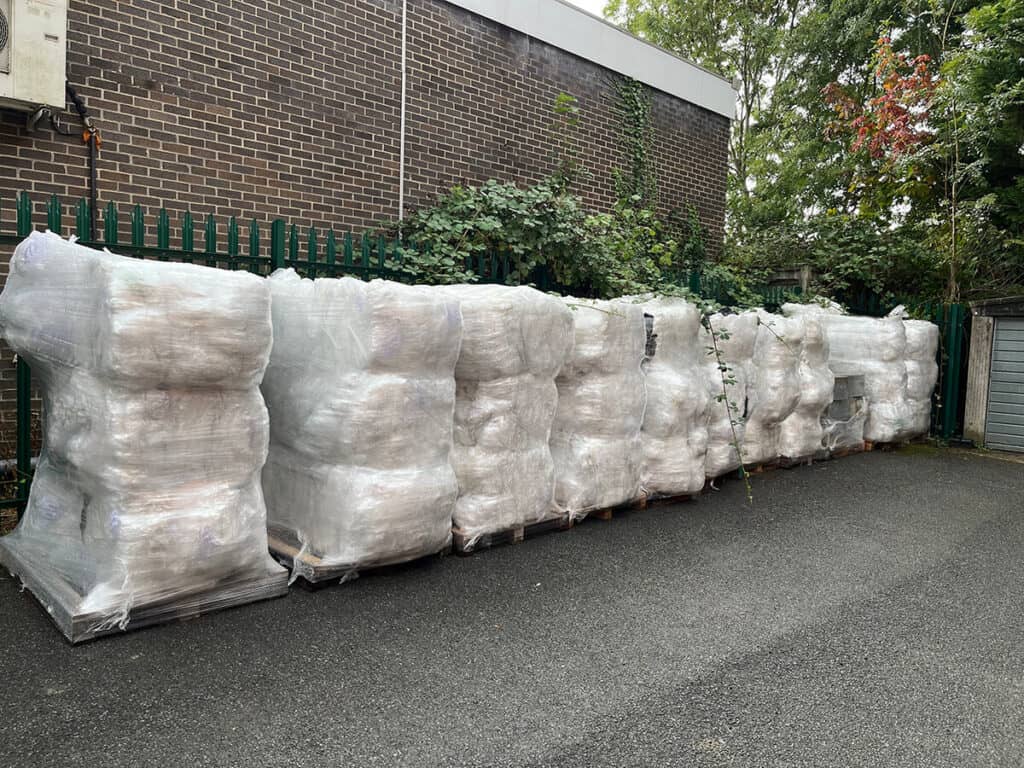Alright my lover? Bristol has become the UK’s ‘Green Capital’, which makes quite a lot of sense really, as the whole city seems to be going mad for eco-tech and environmentally friendly solutions. There are creative hubs, think-tanks, eco-communities and more, all in this vibrant city in the south-west. We look at five businesses, just a small fraction of the plethora, who are taking great strides to have eco-friendly operations.
Oh, and we are also a Bristol company, diverting thousands of tonnes of waste from landfill and organising its recycling process. But let’s not blow our own trumpet…
R-ECO
R-ECO are a Bristol based renewable energy company with two main aspects that make them Green. Being a renewable energy company, they are inherently Green, but actively seeking opportunities to reduce their own environmental impact as well as their customers makes them even more so. Some of their workers drive vehicles powered by recycled vegetable oil, or electric vehicles, some even use a bicycle. As well as that, their employees include artists and activists, some of which involved with causes like Greenpeace.
As well as being environmentally friendly, R-ECO are socially brilliant as well, by paying fair and similar wages throughout the business. Without an investor to take the majority of the profits away, and with the opportunity for employees to purchase shares, the profits get distributed back through the business. This keeps staff motivated and business matters fair.
Sims Hill
When we first heard about Sims Hill, we thought ‘how amazing, why aren’t more people doing this?’ We imagine that in future, there will be more people doing this, as Sims Hill are a pioneer in their field. The idea is that of a shared harvest; people pay for a membership and become entitled to a share of the farm’s fresh produce on a weekly basis.
The farming methods are natural and members can get involved and volunteer if they wish to do so. The Farm is just two miles from Bristol city centre and has gained a good amount of interest for its green approach to purchasing vegetables.
Triodos
We first learned about Triodos a long time ago, and were impressed at their idea and agenda. Ethical banking will surely catch on in the future, but for now, they have a successful niche that will pay dividend. The tag line ‘Triodos Bank financing change. Changing finance’ sums up their business pretty aptly. As well as being transparent with their banking finances, Triodos is a community bank that puts investment into the good of people first. This infographic should sum things up…
Poco
Poco is a stylish restaurant in Stoke’s Croft, Bristol. As well as being massively popular, with great food and a loyal audience of eaters, Poco has many environmental aims and objectives.
Poco state that all of their fish is sustainably caught, and through a great relationship with their likeminded fishmonger, they can trace the fish all the way back to when it was caught and on what boat. Poco recycle, upcycle and compost, as well as reducing their packaging when purchasing. Eventually they aim to get their waste down to zero, which shouldn’t be too hard, as they recycle 95% of it already!
Poco supports other Bristol businesses by buying locally and not importing air-freighted ingredients.
Skipchen
Not so long ago, we spoke to Shena Cooper from TRJFP in Northampton, and she told us about meeting and finding inspiration from Skipchen in Bristol. A couple of months down the line and we are again being told about Skipchen, a food waste café with a pay-as-you-feel deal. It’s essentially a food recycling operation, saving food seemingly destined for landfill, by re-routing it to their kitchen and cooking it up into tasty ‘green’ meals!
Here’s a bit more info:
Food Waste – The Big Problem:
TRJFP raises awareness of waste as a symptom of a much bigger problem that can only be addressed by re-evaluating our food production and distribution system. TRJFP is a direct response to the current intensive food system that targets consumers using the ‘commodity’ of food as a resource to portray abundance, choice and continuous supply with the singular aim of increasing profits. This system disconnects each part of the food supply chain from the grower to the consumer, as well as disconnecting the value of each process, including the value of waste.










